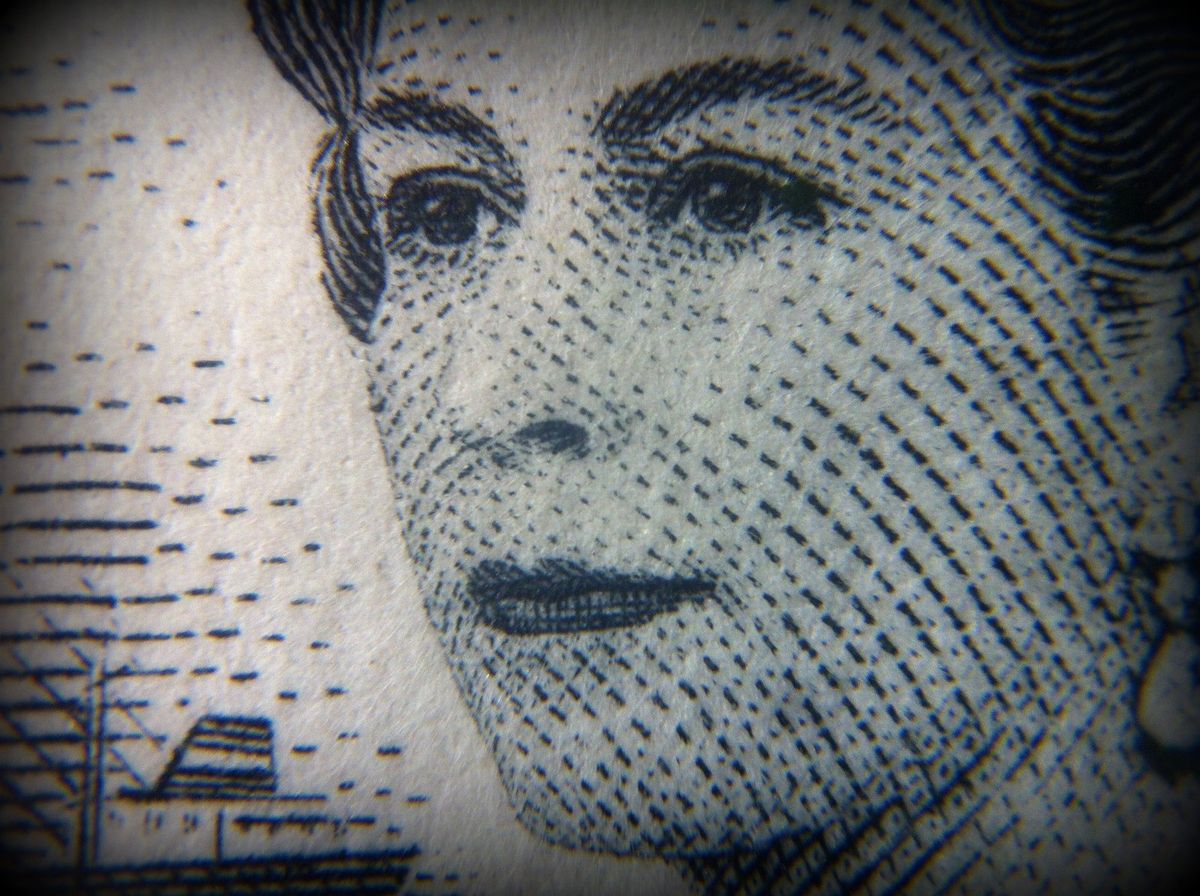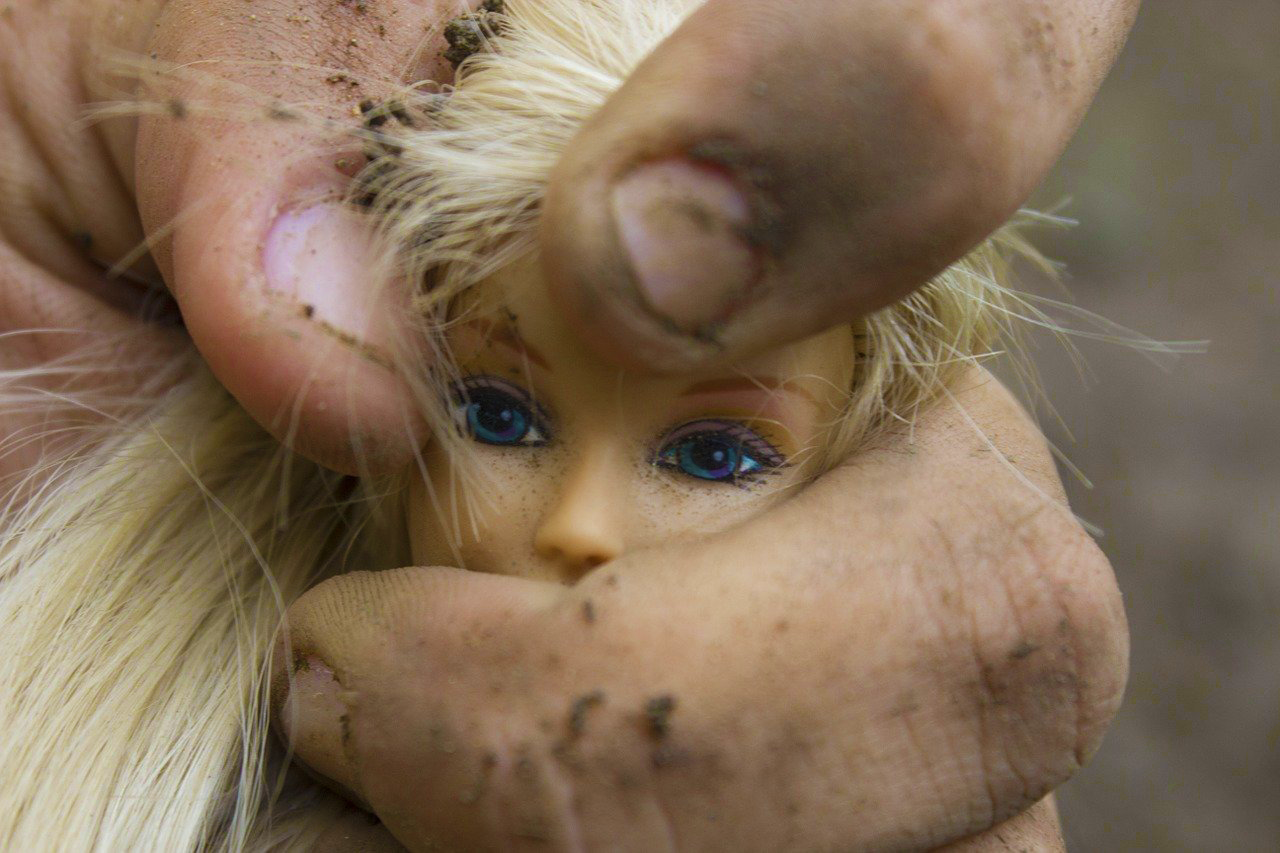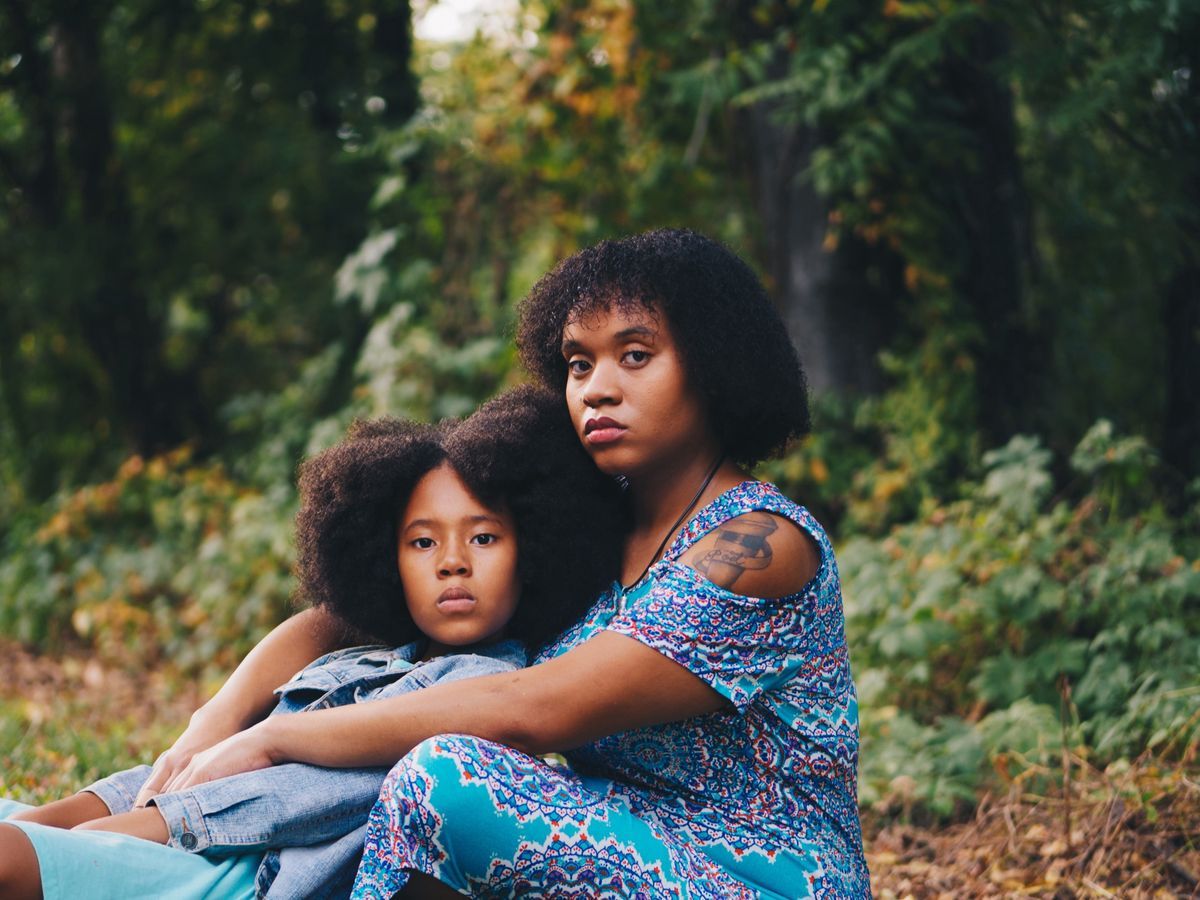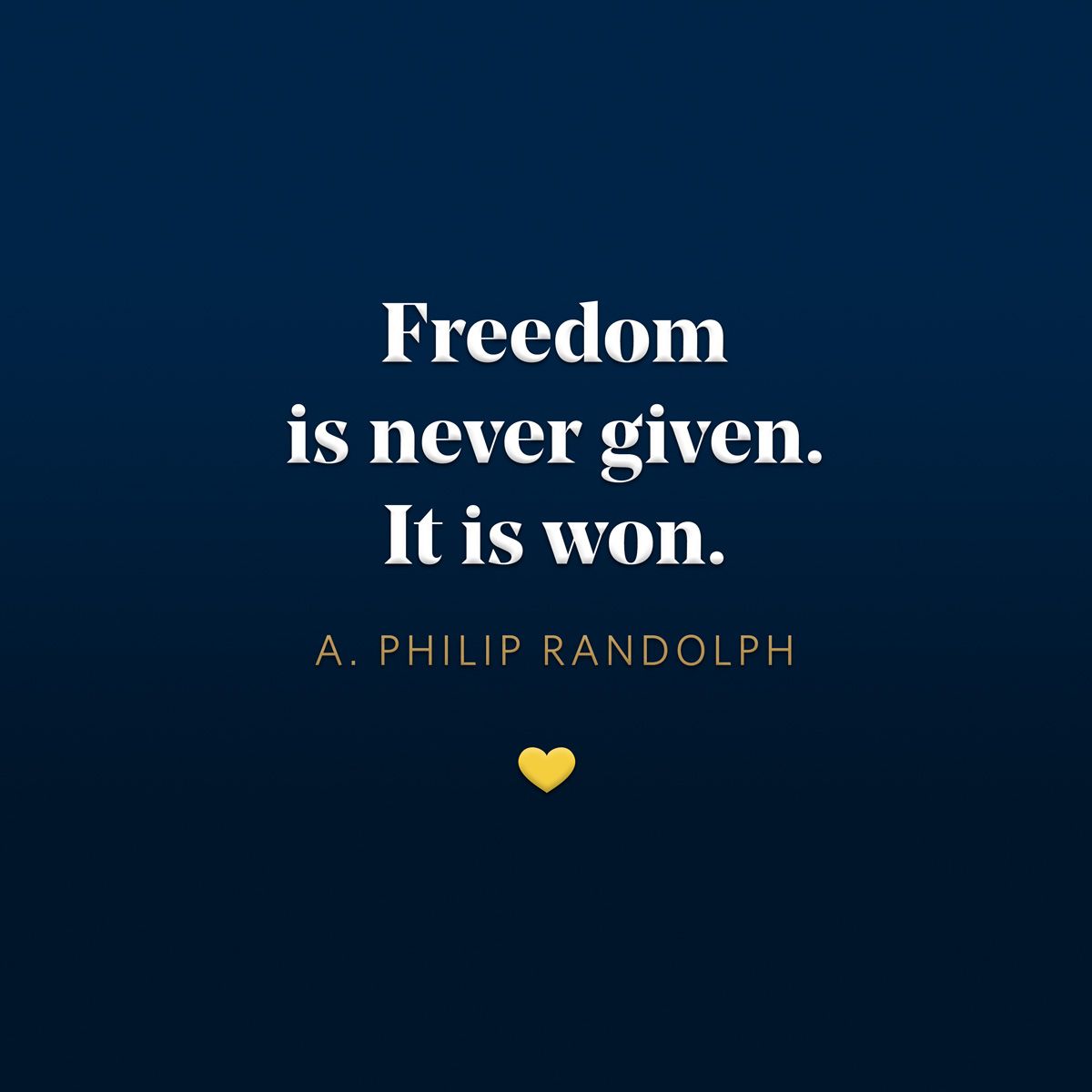Letter from the Editor 💛 Hey {first_name, "there"}, The United Kingdom has completed the requisite ten days of mourning to honor the life and legacy of its longest reigning monarch, Queen Elizabeth II, who will be laid to rest today. The reactions around the globe ranged from expressed heartfelt mourning to hundreds of thousands of devotees who waited in an astonishing five-mile long queue over four days to view the Queen lying in state at Westminster Hall to scathing #shedied memes and tweets. Why such a wide range of reactions? Well, it’s complicated. The deaths of my favorite celebrity personalities almost always register with me. There’s something about the way their lives played out concurrently alongside mine that turned my mundane moments into indelible memories. Of course, their lives transpired under the white-hot spotlight of fame while mine unfolded in abject obscurity. For centuries, the private lives of Britain’s royal family were kept under lock and key until the advent of Diana.
When I hear Aretha Franklin’s music and it takes me back to memories of my grandmother’s soul food café and her jukebox packed with songs by The Temptations, Gladys Knight, and Stevie Wonder. At the mention of Princess Diana, I remember visiting St. Paul’s Cathedral in London, and years later staring slackjawed at my TV in my tiny one-bedroom Studio City apartment the news broke she died in that horrific car crash. And when the Space Shuttle Challenger exploded — I saw it happen live in the Florida sky from inside a Donald Duck costume at the Magic Kingdom main gate. For centuries, the private lives of Britain’s royal family were kept under lock and key until the advent of Diana. But thanks to movies like The Queen, and the Netflix smash series The Crown (heading into its fifth season this November), royal family fans and looky-loos alike have embraced having their perceptions shaped by seamless sympathetic mash-ups of well-documented historical events and fabricated dialogue. At the other end of the spectrum are those who see the late queen as the personification of all that is wrong with one of the most oppressive and damaging empires the world has ever known. What with the monarchy’s financing of the transatlantic slave trade, the colonization of at one point twenty-five percent of the planet, and the exploitation of Black, Indigenous, and People of Color and the natural resources of those peoples, many feel the British Empire has a wrought an inordinate amount of self-serving death and destruction the world over. Opinions about the Queen at either end of the spectrum can be justified with a fair amount of finagling, but the truth of the matter is that neither extreme is wholly accurate.
Personally, I think Elizabeth Alexandra Mary, like all of us, was born at a particular time and place, not of her own choosing. When you take into account that she was thrust onto the world stage as a very young woman in a world dominated by men, it seems she respectably carried herself and was dedicated to serve in a role she never asked for. And she was a constitutional monarch with no real power per se. Compared to other world leaders with power who routinely displayed open hostility, bigotry, and malevolence toward Black, Indigenous, and People of Color, Britons and the world could have suffered much worse. To quote a famous wizard, “All we have to decide is what to do with the time that is given us.” And I get the impression Lizzie erred on the side of being a positive force. Opinions about the Queen at either end of the spectrum can be justified with a fair amount of finagling, but the truth of the matter is that neither extreme is wholly accurate. None among us is one-hundred percent hero or one-hundred percent villain. We human beings are complex in the actions we take and the decisions we make, often under circumstances and with motivations we never fully understand. Each of us is so much more than someone’s perceptions of us. I know for one, I am infinitely more than anyone’s conceptions about short people, Black people, gay men, or Christians. Infinitely more. We’re human. I want to keep my humanity intact. I want to keep the full range of my humanity pliable, responsible, and able to bleed when the need arises.
It goes without saying, the world has had its share of Adolf Hitlers, Ted Bundeys, and Osama bin Ladens; but they are the exception, not the rule. With the insane numbers of murders and killings splashed across the media, I often think about the loved ones left behind to grieve. There’s the emotional trauma that accompanies losing a loved one. I think about the seismic shift the bereaved have to contend with as they figure out how their world will continue without their beloved. With the Queen’s death I think about this a lot as my own mother is eighty-nine years old—granted, she doesn’t look it nor does she act it—but I know the day is coming when she will no longer be with us. And that’s an overwhelming situation to consider. Some people choose to remain unmoved by these events or to view them as filler on TV and in social media. But that’s not what I want. I want to keep my humanity intact. I want to keep the full range of my humanity pliable, responsible, and able to bleed when the need arises. And the best way I know to do that is to take the time to parse some of the complexities of our human family. So, yes. Queen Elizabeth is dead and the reactions are complicated, but that’s okay. May she rest in peace. Love one another. Clay Rivers
OHF Weekly Editor-in-Chief
More from Our WritersWhy is white straight masculinity often depicted in the dominant culture as tinged with violence?By Rebecca Hyman I’m standing in front of my class, flat January light coming in through the tall windows. The desks are arranged in a long rectangle and the students face one another. The tables along the walls are metallic gray; the desks shine from plastic coating. All the surfaces, including the floor, are hard, bleach-washed, built for utility and repeated use. The students at this state university are busy. Though many are of traditional college age, a significant number are older and have children, car payments, full-time jobs. The class I’m teaching, Family Studies, fulfills a second-year requirement. Some members of the class are just trying to get through it. But several tell me they’re here to break the cycle of intergenerational trauma. Others confide they hope to fall in love. What do they need to know to be a good partner? And then there are the ones who stay after class the day I talk about domestic violence, twisting their hair, looking at the floor as they wait for the others to file out. The students’ yearning to grow and change is at war with their fears of what they might discover about themselves. The push-pull of desire and disquiet often results in a kind of wariness, or feigned disinterest, in the class dynamic. I take a deep breath, pretend I don’t know what’s coming. “This question is for those who identify as women,” I begin. “Raise your hand if you put your keys in your fist when you’re getting ready to walk in the dark, with the ends poking out between your fingers?” Every woman’s hand goes up. I’ve asked this question in dozens of classes, over too many years. It always generates this response. I pause, look around. We look at each other in silence. It’s early in the term; we aren’t friends, and this conversation is taboo. Read the full article. Every black person has a PhD in racism. We learn how to recognize it, how to work through it, and how to survive assaults that happen our entire lives.By Lecia Michelle Did you know every black person has a PhD? It’s not the kind of education you acquire while attending a university. It isn’t taught in the comfort and safety of a classroom. It’s an education none of us actively pursue, because it’s thrust upon us from the time we’re born. Every black person has a PhD in racism. We learn how to recognize it, how to work through it, and how to survive assaults that happen our entire lives. We come about this education in different ways, but we are enrolled in this continuous curriculum whether we want the lessons or not. Most black people get their harsh introduction into the school of racism when they’re too small to fully process what’s happening. RELATED: “Ask Any Black Person, and They Can Tell You the First Time They Were Called a Nigger” I remember the first day when my education began. I was a small child who knew little outside the love and support of my family and friends. I was playing at my white friend’s house while my mom was at the store. I was seven years old. My friend was five. I asked her if I could use her bathroom. She went to ask her parents. She came out carrying a roll of toilet paper and said, “We don’t let niggers in our house.” She held out the toilet paper to me. I took it and went behind a bush in their yard and choked back tears as I squatted in the dirt and leaves. I don’t remember anything that happened immediately afterward. Weeks later, I told my mom what happened. I never played with that girl again. I did what many black children do when the violence of racism barges into their world in the form of white people who hate them because of their skin no-color: I endured the pain until the hurt eventually became a dull ache. But I never forgot about it. Read the full article.
Final Thoughts
|



